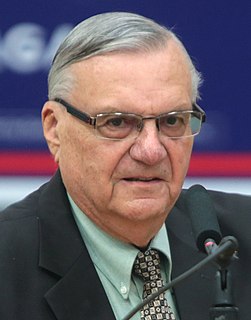A Quote by Sherrilyn Kenyon
There are certain irregularities which are not the subject of criminal law. But when the criminal law happens to be auxiliary to the law of morality, I do not feel any inclination to explain it away.
Related Quotes
Our government is the potent, the omnipresent teacher. For good or for ill it teaches the whole people by example. Crime is contagious. If the government becomes a lawbreaker, it breeds contempt for law; it invites every man to become a law unto himself; it invites anarchy. To declare that in the administration of the criminal law the end justifies the means - to declare that the Government may commit crimes in order to secure the conviction of a private criminal - would bring terrible retributions.
If he who breaks the law is not punished, he who obeys it is cheated. This, and this alone, is why lawbreakers ought to be punished: to authenticate as good, and to encourage as useful, law-abiding behavior. The aim of criminal law cannot be correction or deterrence; it can only be the maintenance of the legal order.
Thus, if there exists a law which sanctions slavery or monopoly, oppression or robbery, in any form whatever, it must not even be mentioned. For how can it be mentioned without damaging the respect which it inspires? Still further, morality and political economy must be taught from the point of view of this law; from the supposition that it must be a just law merely because it is a law. Another effect of this tragic perversion of the law is that it gives an exaggerated importance to political passions and conflicts, and to politics in general.
There's going to be a lot of remedies. [Donald Trump] is also subject to other conflicts laws.The bribery laws are intended to prevent conflicts, for example. He's subject to criminal law. He's subject to civil law. He's going to be subject to litigation. He's already in a lot of cases. This is going to come up in existing litigation and there's going to be new litigation.
Lower the Law and you dim the light by which man perceives his guilt; this is a very serious loss to the sinner rather than a gain; for it lessens the likelihood of his conviction and conversion. I say you have deprived the gospel of its ablest auxiliary [its most powerful weapon] when you have set aside the Law. You have taken away from it the schoolmaster that is to bring men to Christ . . . They will never accept grace till they tremble before a just and holy Law. Therefore the Law serves a most necessary purpose, and it must not be removed from its place.





































